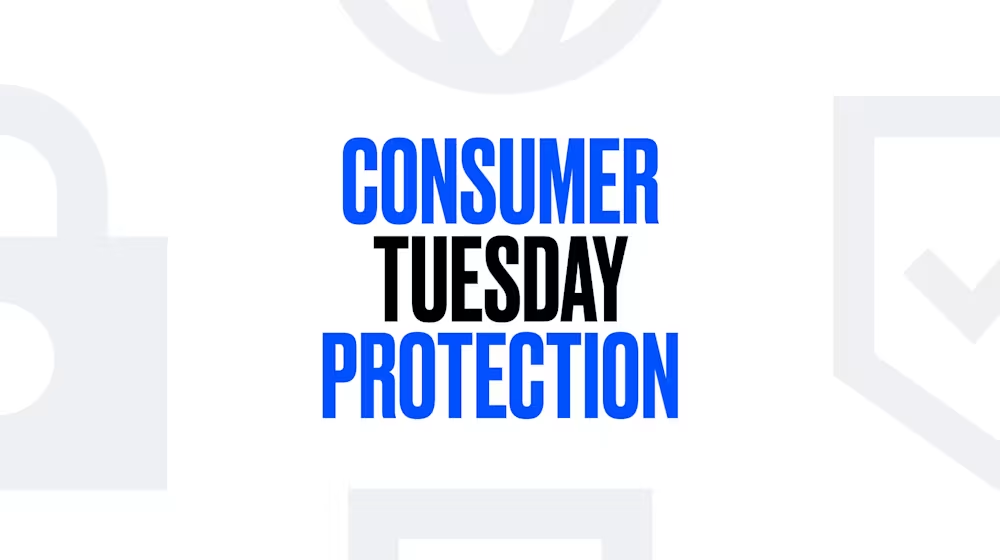Coinbase to acquire The Clearing Company: Powering the future of prediction markets
Coinbase has entered an agreement to acquire The Clearing Company, a prediction markets company innovating at the frontier of regulated, onchain markets. The team brings deep expertise that will help power and scale prediction markets on Coinbase.



